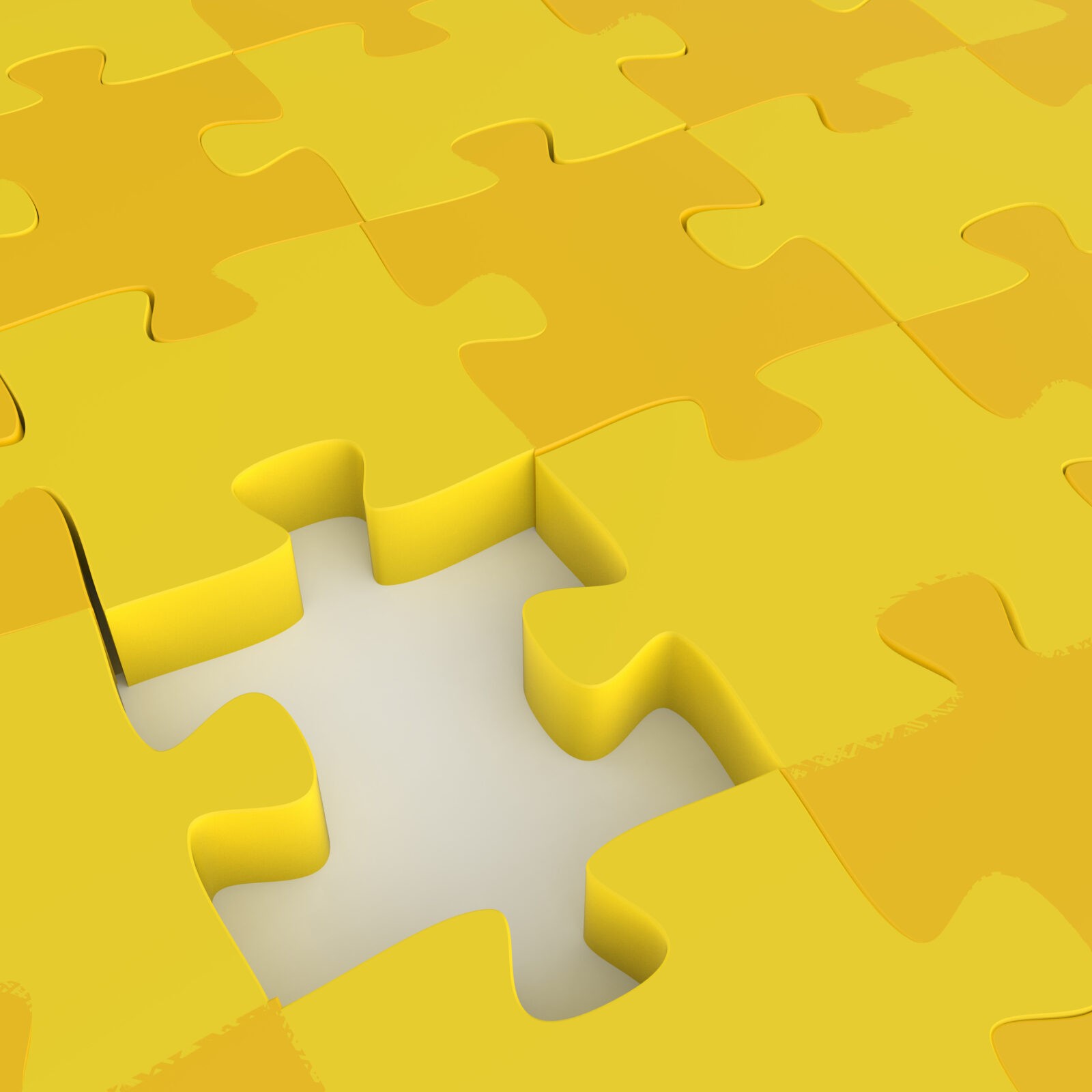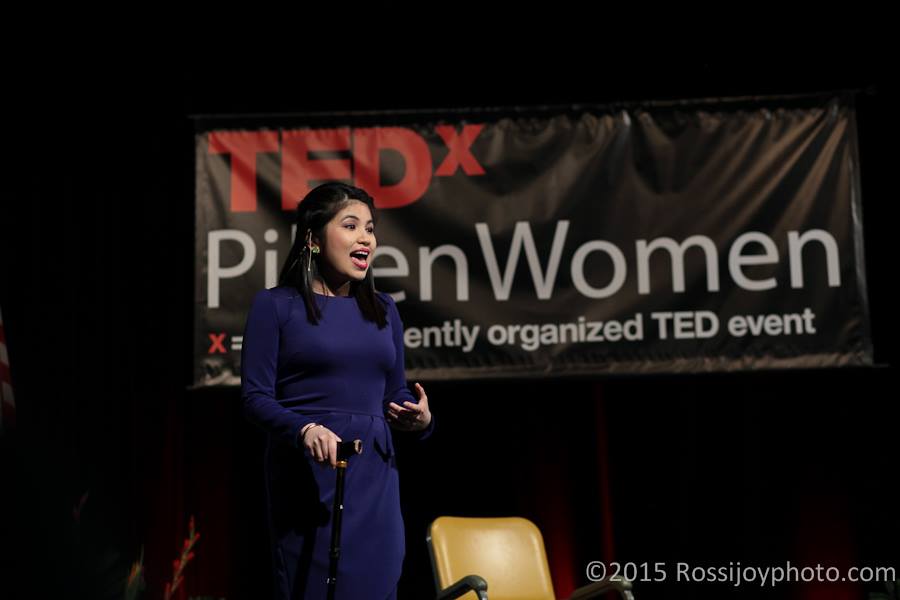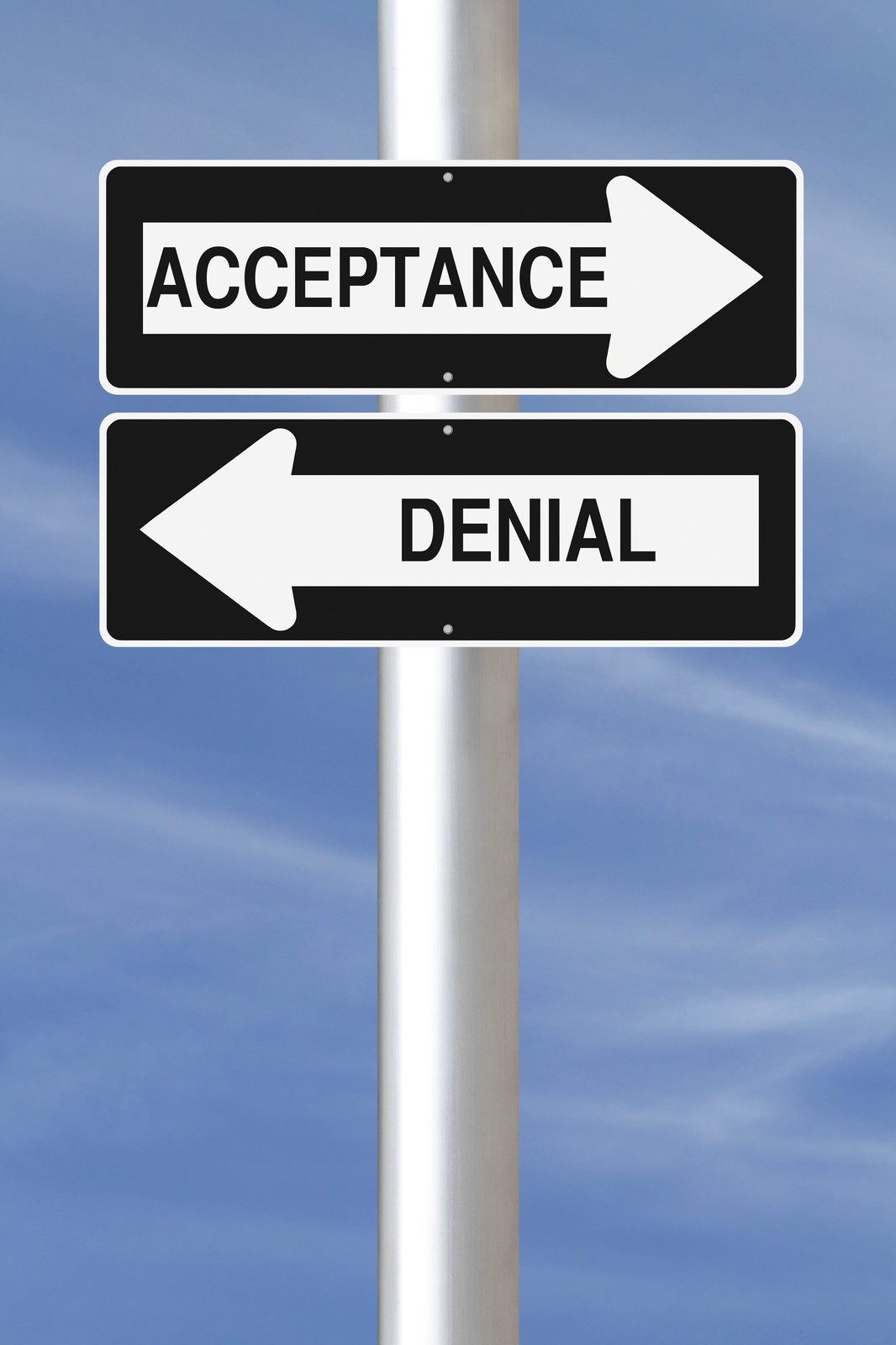Who Am I? The Chronically Ill Person’s Identity Crisis

Three years ago, I became a contributor to a mental health website. They asked me to submit a brief bio, which included things like my picture, education, and “hobbies and interests.” I stared at the word “hobbies.” I sat there wondering: What do I write? Can I say that I cook when I haven’t cooked in years? I used to cook six-course dinners every Christmas. Can I say that I dance when I haven’t done any ballroom dancing in years? Should I say “Truthfully, I’ve spent half my adult-life bedridden and have probably lost brain cells to mindless television (including, yes, reality TV)”?
Are We Defined By What We Do (Or Can’t Do)?
With my job leaving me drained every night, my only hobby was painting, which I rarely did. And my social life was altered. My friend, Esther, who lived five minutes away, visited me. She was/is a blessing. But there was no denying that I saw far less of my friends than I used to. This was a few years after my diagnosis of Myasthenia Gravis (MG, a neuromuscular autoimmune disease). Living with MG on top of my preexisting polycystic ovarian syndrome and bipolar disorder had completely rearranged my life. Chronic pain and fatigue have that effect.
Acknowledging What We’ve Lost
Losing hobbies and interests took a part of me away. I’m not sure if I’ll ever got those parts of me back. I’ve heard similar sentiments from chronically ill people who were laid off or became disabled and had to give up their careers, which begs the question: Are we defined by the things we do? Who are we post-diagnosis? Post-disability?
For all that we lose to chronic illness, there are important things gained such as wisdom, self-awareness, and friendships with other sick people. For me, the best thing is the friends I’ve made–through this blog, Fashionably ill’s Facebook page, Twitter, Facebook support groups, and introductions. My hairdresser introduced me to a brother and sister who have muscular dystrophy, Alfred and Grace. Alfred is an artist and Grace is a college professor. Words are not enough to describe how their friendship has changed me. Through Facebook groups, I’ve also become closer to people who also have mental illnesses. They recently helped me overcome a depressive episode.
4 Things I’ve Found Through Friendships With Other Sick People:
1. Authenticity–There are some people I’ve known my whole life that I still have superficial conversations with. Part of this is the culture we live in where there’s pressure to portray our lives as perfect especially when our Facebook news feeds are filled with engagement rings, wedding pictures, and sonograms. When I meet someone else who’s fighting pain, fatigue, depression (or D. all of the above), we have this instant bond. It’s like, “Hey, I’ve been there. I just had that day yesterday.”
2. Empathy–Profound empathy. When I meet someone who’s been through hell, even if it’s not illness, I’m right there with them. I’m rooting for them. Right now, I’m helping one of my readers find a good neurologist for her daughter who is fighting MG. When we find the right doctor, I will rejoice! I’ll feel the relief I felt when I found a neurologist who didn’t treat me like I was less than human just because I have bipolar disorder or because I’m female. When I see all the positive messages readers leave on Twitter, Facebook, or this blog, I’m reminded that I’m not alone.
3. Gratitude–I was a good person pre-MG but I was also materialistic. Of course, I didn’t know it then. I actually had a purse to match every outfit. Being sick has changed the way I think: I could buy that dress but that’s the same as four months worth of Gabapentin. (And I don’t even take Gabapentin anymore!) In my darkest moments, I try to count my blessings.
4. Imagination–Adults lose their sense of imagination as we get older. I haven’t been on a vacation in six years because of MG. Because of that, I “vacationize” my hospital visits by wearing leis, putting a flower in my hair, and pretending that I’m somewhere tropical. I visit readers and friends and help them vacationize their visits too. My friend, Jessica who has muscular dystrophy, has an even greater imagination than I. She posts itineraries and “vacation updates” on Facebook. Last month, she went to Greece. With John Stamos. Have mercy.
Who Are We Now?
I think the truth lies somewhere in between. The ugly reality is that illness changes a person. The positive reality is that illness changes a person. Thankfully, we’re in this together.
–Your Stylist, Jessica Gimeno





DO you mind if I link to this post for my followers with Vasculitis on both my website and face book page? Thanks, I LOVE your writing and you inspire me <3
Thanks for another wonderful well written blog post. I identified you as someone who cares about other people pretty quickly. That’s who you are for sure. So I visit here whenever I need some inspiration, like I’m sure a lot of people do. Helps me think about things other than myself and consider how I affect the lives of other people with words and actions. As well as how I might affect them. Take Care. BTW my book came, thanks for the recommend.
So well put. Keep on keeping on !!! Nice to know we are not alone in our journeys.
I loved it. You captured all of the thoughts and concerns we have.
I think what you have written here is powerful and inspiring. I wanted to ask you to consider something as you focus on these types of things (a focus which is greatly needed)- how about some coverage on rare diseases? There are numerous rare diseases, they often have their own sets of the good, the bad and the ugly. I have a disease that affects one per one million people world wide. I’m new to the diagnoses and down the road I see it as being something that I can use to have a positive impact on others at a similar place. But right now the newness of it and being one of such few that have it is so hard. Being rushed to the ER with a breathing crisis and not one doctor there having every heard of your disease, much less know how to get you breathing and keep you a live.. well I’m not sure what the right word to describe what that is like. I love your blog here and it’s awesome, that is just something I wanted to ask you to consider incorporating. Thanks so much. I also have some things that you have mentioned, I have MG, I have MS and some others in addition to this very rare thing.
Sure, Kathy! Great idea. So sorry you have this rare disease (or any disease for that matter). I used to think MG was rare but 1 in 1 million! Indeed, finding community in fighting bipolar disorder was much easier than finding community for MG. Initially, I learned about living with autoimmune diseases from friends with lupus and MS as I knew no one with MG (for five years). Would you like me to interview you so you can share your story? I can talk about my experience living with rare diseases (something like “5 problems you face when you have a rare disease”). Let me know if you want me to quote you and we can talk. Or if you want me to share your story so others can better understand your struggle. (We do not have to use your last name.)
Pingback: Who Am I? The Chronically Ill Person’s Identity Crisis | 101Harmony
Pingback: How to Come Back If You’ve Lost Yourself to a Rare Disease - Patient Worthy
Pingback: Cómo volver si usted se ha perdido contra una enfermedad rara - Patient Worthy